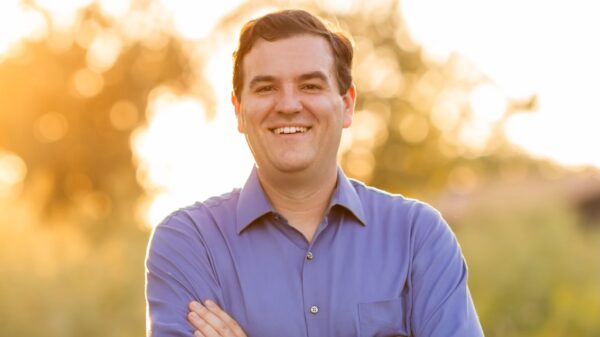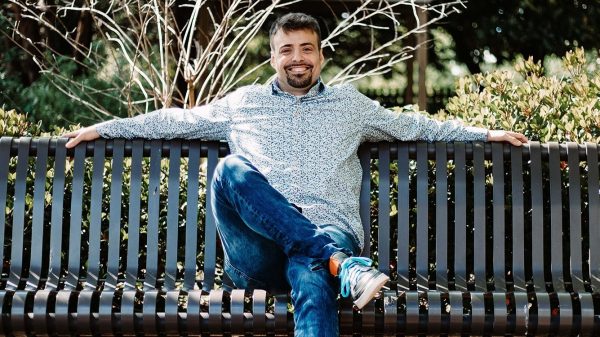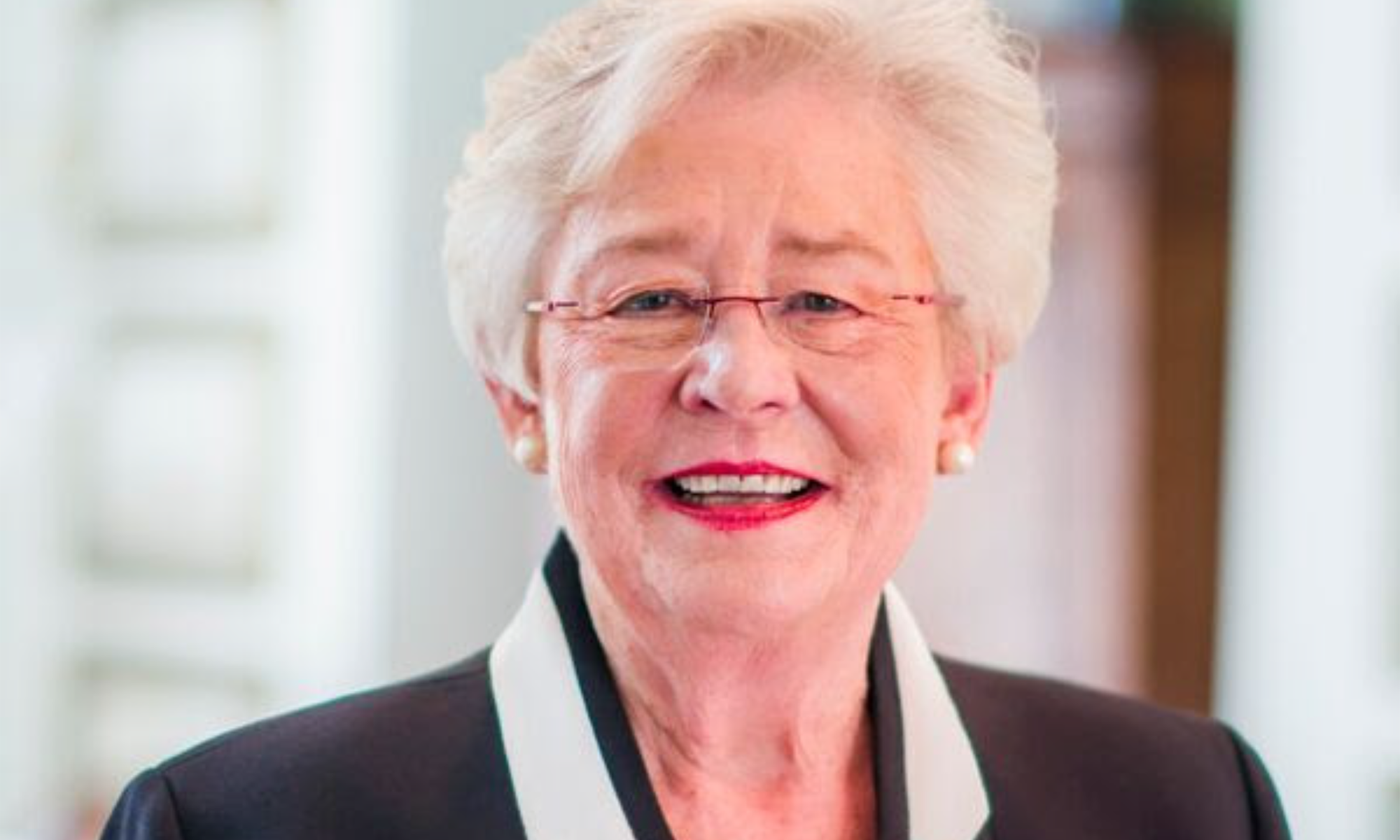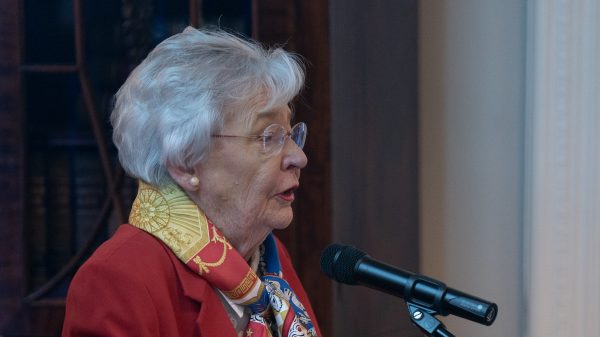Barring an unforeseen event, Gov. Kay Ivey will build three new state prisons, pass a fuel tax and overhaul significant portions of the state’s education system in short order.
How, you say?
Unlike her predecessors, Ivey only cares about doing the job — not keeping it.
Not everyone is going to agree with Ivey or even give her credit for bold actions, but according to administration insiders, Ivey’s priorities are clear and the way forward is mapped with precision.
Ivey laid out her agenda in her inaugural address which emphasized infrastructure, prisons and education, but the means to enact her plan has quietly been in the works since she took over from disgraced former Gov. Robert Bentley.
While Ivey’s education initiative is well underway and non-controversial, the same cannot be said for prisons or her goal to raise a gas tax to pay for infrastructure.
Prisons
Don’t be surprised if in the next few weeks, Ivey announces three new prison facilities under a lease agreement. Under the Alabama Corrections Institution Finance Authority, Ivey has the discretion to enter into a build-lease agreement without legislative approval.
Ivey knows passing legislation to build new correctional facilities is highly unlikely because lawmakers will fight for a piece of the pie or grandstand for a small group of lock them up and throw away the key constituents who don’t fully understand the problem.
Cries of foul will come mostly from lawmakers who stand to lose the economic benefits of having a correctional facility in their district.
New prison facilities are not about jobs, but public safety.
Under sentencing reforms, state prisons have reduced their non-violent inmate population. Current statistics show that the number of non-violent offenders has been reduced dramatically, going from a prison population of 35 percent non-violent to now under 14 percent. An unintended consequence reducing the number of incarcerated non-violent offenders is a very violent population, making it more dangerous for correctional officers, as well as inmates.
While prison funding is up and the overall population is down over the last four years, the aging facilities and understaffing is a persistent issue of concern.
While some ultra conservatives will express outrage at the idea of humane housing for convicts, here, again, Ivey doesn’t seem to be concerned; popularity is not her endgame. She is already the nation’s third most popular state governor. Is she going to worry if she falls to number four?
In the interest of public safety and humane treatment of those housed in state prisons, Ivey should move swiftly to address this issue.
Fuel Tax
There is the usual skepticism over a fuel tax to build and repair the state’s roads and bridges. The fact that the state hasn’t increased fuel taxes since 1992, shows there’s little appetite to address such a controversial matter.
However, Ivey, Senate President Pro Tem Del Marsh and House Speaker Mac McCutcheon all appear on board with some type of tax increase. It’s not clear if Ivey, Marsh and McCutcheon are on the same page, but they seem to all be on the same path.
Unusually to some, the state’s Democrats are pushing back against a fuel tax citing its effects on poor and working-class Alabamians.
Democrats hold the key to passing the tax as many Republicans will balk at raising any new revenue through taxation.
Ivey, Marsh and McCutcheon will need to determine what Democrats want in exchange for their vote.
Currently, the odds of a fuel tax passing the Legislature is around 60/40, but Ivey, Marsh and McCutcheon have already laid the groundwork. As the old saying goes, “The devil is in the details.”
It will be necessary for leadership to have a solid plan in place before the legislative session begins in just over a month. For months, leadership has been in discussion with lawmakers, business interests and other stakeholders. Importantly, Ivey, Marsh and McCutcheon will need to work ahead of time to ward off resistance.
Education
From her first days in office, Ivey staked her ground on workforce development, job creation and education under the banner of her Strong Start, Strong Finish initiative, which will transform the state’s education and labor opportunities.
By coupling her plan to federally funded programs, new state funding will not be required to implement these transformative educational opportunities.
Under the Governor’s Office of Education and Workforce Transformation (GOEWT), Ivey is taking advantage of three federal laws – the Every Student Succeeds Act, the Carl D. Perkins Career and Technical Education Act (Perkins V) and the Workforce Innovation and Opportunity Act, which provide federal support for state education and workforce activities.
ESSA provides funding for public education from kindergarten to 12th grade. Perkins provides states funding to improve both secondary and postsecondary careers and technical education programs. WIOA funds the public workforce development system for youth and adults looking for meaningful employment.
Ivey has the support of business leaders as well as educators in this effort to create a 21st century solution to the state’s age-old education deficit.
Ivey’s time is now.
Ivey has chosen not to merely do those things which are easy, but to do the hard things that her predecessors have avoided or only given half efforts to accomplishing.
With no disrespect to once Gov. Lurleen Wallace, Ivey is the state’s only female governor elected on her own merits.
Ivey has given her life to public service. At 74 years old, she is going to either do great things or be remembered as another anomaly on the state’s political stage.
Anyone who knows Ivey well will attest that she wants to do what’s right while she has the opportunity. And her time is now.


















































